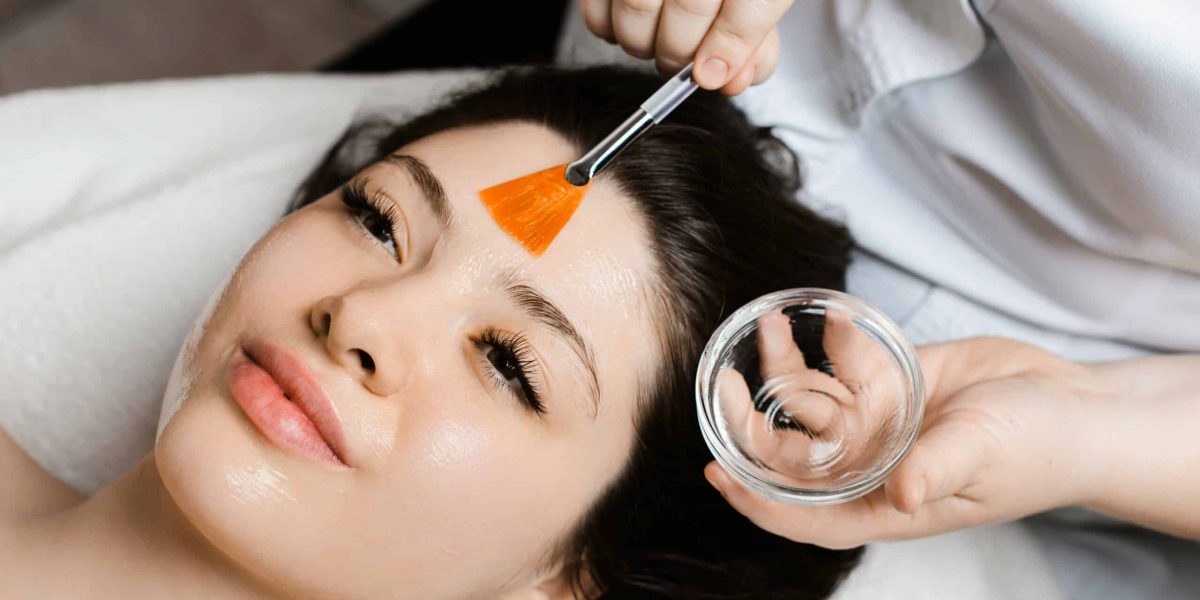Collagen is often called the building block of youthful, radiant skin. This essential protein is responsible for maintaining skin’s firmness, elasticity, and hydration. However, as we age, collagen production naturally declines, leading to the appearance of fine lines, wrinkles, and sagging skin. Fortunately, there are ways to boost collagen production and support skin health using specific products and supplements designed to replenish this vital protein.
Why Collagen Is Essential for Your Skin
Collagen is the most abundant protein in the human body and plays a crucial role in maintaining the structural integrity of your skin. It works like scaffolding, keeping skin smooth, firm, and resilient. Collagen levels naturally decline after the age of 25, with environmental factors such as UV exposure, pollution, and stress accelerating this process.
When collagen production decreases, the skin loses its elasticity and becomes more prone to wrinkles and sagging. Additionally, reduced collagen can lead to dryness and a dull complexion. By taking steps to boost collagen, you can slow down the visible signs of aging and maintain a youthful glow.
How Products Can Support Collagen Production
Skincare products formulated with collagen-boosting ingredients can help improve your skin’s texture and appearance. Ingredients like vitamin C, retinol, peptides, and hyaluronic acid are known for their ability to stimulate collagen synthesis. Vitamin C, for instance, is a powerful antioxidant that protects skin from free radical damage while enhancing the body’s ability to produce collagen.
Retinol, a derivative of vitamin A, is another key ingredient that promotes skin cell turnover and collagen production. By incorporating a high-quality retinol cream into your nightly routine, you can reduce the appearance of wrinkles and fine lines over time.
Peptides, which are short chains of amino acids, act as messengers to signal your skin to produce more collagen. Products containing peptides are particularly effective in firming the skin and improving its elasticity.
Hyaluronic acid, while not directly linked to collagen production, is essential for maintaining hydration. Properly hydrated skin creates an optimal environment for collagen synthesis, making hyaluronic acid a must-have in any skincare routine.
Collagen Supplements: Do They Work?
Oral collagen supplements have gained immense popularity in recent years, with many women turning to powders, capsules, and drinks to support their skin from within. These supplements often contain hydrolyzed collagen peptides, which are broken down into smaller molecules for better absorption by the body.
Studies suggest that taking collagen supplements regularly can improve skin elasticity, hydration, and overall appearance. The science behind this lies in the body’s ability to use the amino acids from collagen supplements to produce new collagen and repair damaged tissues.
When choosing a supplement, look for products that also contain vitamin C and zinc, as these nutrients are essential for collagen production. Many supplements on the market also include other skin-supporting ingredients like hyaluronic acid and antioxidants, which further enhance their effectiveness.
Foods That Naturally Boost Collagen
While products and supplements are helpful, your diet plays a significant role in supporting collagen production. Consuming foods rich in protein, vitamins, and minerals provides your body with the building blocks it needs to create collagen.
Foods high in collagen include bone broth, chicken, and fish. Bone broth, in particular, is packed with gelatin—a form of collagen that the body can easily absorb. Other collagen-boosting foods include eggs, citrus fruits, leafy greens, berries, and nuts.
Citrus fruits like oranges and lemons are excellent sources of vitamin C, which is crucial for collagen synthesis. Leafy greens like spinach and kale contain antioxidants that protect existing collagen from degradation. Additionally, nuts and seeds provide zinc and copper, both of which are vital for collagen production.
Protecting Your Collagen
Boosting collagen isn’t just about adding products and supplements—it’s also about protecting what you already have. Environmental factors such as UV exposure and pollution can break down collagen and accelerate skin aging. To preserve your skin’s natural collagen, always use a broad-spectrum sunscreen with an SPF of 30 or higher.
Limiting sugar intake is another important step. High sugar levels in the body can lead to a process called glycation, which damages collagen fibers and reduces skin elasticity. By cutting back on sugary foods and drinks, you can help maintain your skin’s firmness and glow.
Adopting healthy lifestyle habits like staying hydrated, getting enough sleep, and managing stress can improve your body’s ability to produce and maintain collagen. Sleep, in particular, is when your body repairs and regenerates tissues, including skin.
Why Consistency Matters
Whether you’re using skincare products, taking supplements, or adjusting your diet, consistency is key to seeing results. Collagen production is a gradual process, and it takes time to notice significant improvements. Sticking to a routine that includes collagen-boosting strategies will ensure long-term benefits for your skin.
By combining a thoughtful skincare routine with a nutrient-rich diet and targeted supplements, you can achieve healthier, more youthful-looking skin. Remember, taking care of your skin is an investment in your overall well-being.








